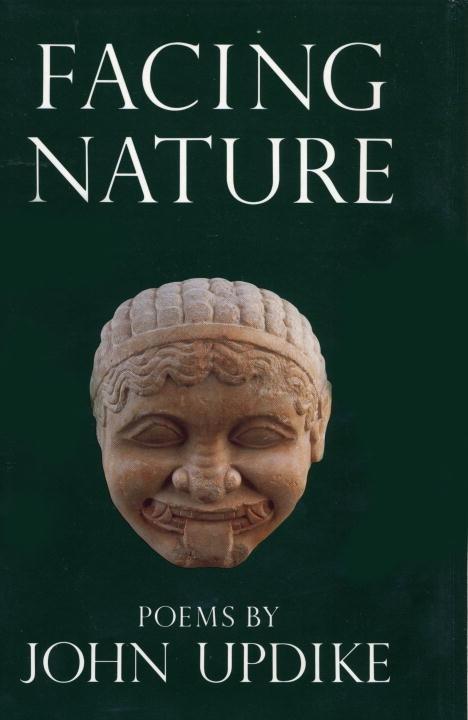
Sofort lieferbar (Download)
John Updike's fifth collection of poetry faces nature on a number of levels. An opening section of sonnets touches upon death, aging, and, in a sequence of describing a week in Spain, insomnia and dread. The poems that follow consider nature in the form of seasons, of planting trees and being buried, of shadow and rain, of pain and accumulation, and of such human diversions as art and travel. The last poem here, and the longest in the book, undertakes a walking tour of each of Jupiter's four major moons, a scientific excursion that leads into the extravagant precisions of the "Seven Odes to Seven Natural Processes," a lyrical yet literal-minded celebration of some of the earthly forces that uphold and surround us. Finally, a dozen examples of light verse toy with such natural phenomena as presbyopia, the energy crunch, food, and sex. Like the best of the metaphysical poets, Mr. Updike embraces the world in all its forms and creates conceits out of the casual as well as the moments.
Produktdetails
Erscheinungsdatum
25. April 2012
Sprache
englisch
Seitenanzahl
110
Dateigröße
1,70 MB
Autor/Autorin
John Updike
Verlag/Hersteller
Kopierschutz
mit Adobe-DRM-Kopierschutz
Family Sharing
Ja
Produktart
EBOOK
Dateiformat
EPUB
ISBN
9780307961945
Entdecken Sie mehr
Bewertungen
0 Bewertungen
Es wurden noch keine Bewertungen abgegeben. Schreiben Sie die erste Bewertung zu "Facing Nature" und helfen Sie damit anderen bei der Kaufentscheidung.










